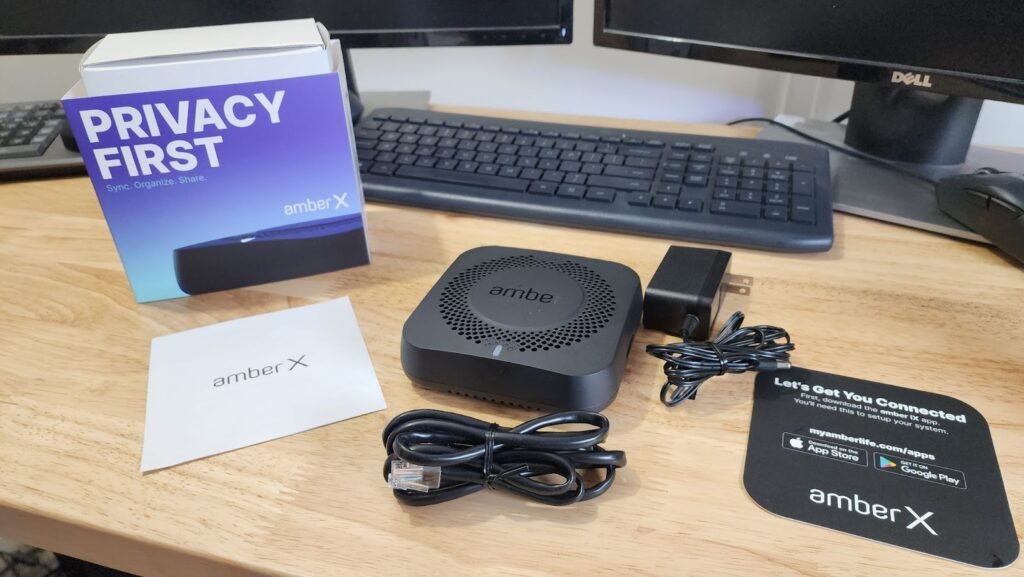Okay…so this is another question I get asked every now and again, so I thought it deserved some insight and reasoning. Every so often, your phone or other gadget needs to be reset. It can get bogged down with old files and apps, draining its performance. Sometimes a reset or a restart on your gadgets can help. Here’s why it’s important.
Should I Really Reset My Devices Regularly?
In a nutshell, the answer is “it depends”. As a general rule, smartphones are meant to be constantly connected to the Internet and a cellular tower. As a matter of fact, think about the basic concept of a “mobile phone”: the idea is that you may be reached at any time (and primarily anywhere). However, there are times when you’ll need to restart your phone. Restarting your computer will be required to apply any available OS updates, program installs, or application installs. So what if you’re device is running buggy or slow? Generally speaking, if anything is running slowly or buggy, a restart may help (for smartphones, PCs, and tablets). Manually shutting down apps and processes may also cure your issue. However…rebooting achieves the same thing while also freeing up RAM for use. That double whammy usually solves any issues you may be suffering, especially with smartphones.
Restarting your phone is a great idea if it’s suddenly becoming hotter than normal, regardless of whether or not it’s computing hardware. While these issues may be common, if they occur often, you may have a problem with your phone’s hardware and you probably need to take it to a professional to get looked at. Most of the time, your smartphone won’t need to be restarted at all. I know some people who have never restarted their smartphones. Granted, I doubt they use them that much or are downloading and installing apps. But it’s perfectly fine if you never restart your device. For me personally, I usually give a restart only once or twice a week, no matter how old it is. I use my phone quite a bit though and I’ve found it helps.
But Restarting My Devices Helps The Battery…Doesn’t It?
There are many people that believe the notion that restarting your phone every day saves the battery life of your device. I get why they have this sentiment. Most people are familiar with the irritating feeling of having a battery quickly drain to zero on your phone, especially if you are in the middle of something important. Many people believe that restarting their phone helps to preserve battery life, but is this actually true? Based on current research and expert opinions, it seems that while there may be some minor benefits to restarting your phone occasionally, it is unlikely that doing so will significantly impact battery life.
LEARN: Slow Internet? These Tips Might Help
One reason why restarting your phone may not deplete battery life is that phones have sophisticated battery management systems these days. These systems constantly monitor battery usage and throttle the power output accordingly to maximize efficiency. Even when a phone appears to be fully drained, its battery may not actually be empty yet. In fact, many phones can go for several hours before reaching a truly dead state. Personally, I do recommend closing down apps if I’m not using them frequently.
Does running apps in the background run down my phone’s battery? The answer, it turns out, is a little complicated. Running apps in the background does use battery life, but it’s not a huge amount. In fact, if you’re not using an app, it’s actually better to keep it running in the background so that it can be quickly accessed when you need it. However, if you have an app that you’re not using but is still running in the background, it’s probably best to close it to conserve battery life.
How Do I Reboot My Smartphone?
If you’re having issues with your phone and need to reboot it, there are a few different methods that you can try. The first option is to simply restart your device by holding down the power button until the reboot menu appears on your screen. To do this on an iPhone, quickly press and release the volume up and home buttons together, followed by pressing and holding the power button until your phone restarts. For most Androids, hold down the volume down button and the power button, and after a little bit…the phone will restart. No matter which method you choose, just make sure that you do not remove your phone’s battery or let it run out of power while it is rebooting.
What About Restarting Tablets And PCs?
When it comes to tablets and PCs, things are a little different, but not by much. Personally, I think it’s important to restart an Intel or AMD tablet when you need to, such as when you’re installing new software or after a security check, or if the fans are spinning noisily or the device itself is overheated. As stated before, if things are sluggish and prone to errors I won’t hesitate to restart or reboot.
TRENDING: Can This Mesh Wifi Router Really Speed Up Your Internet?
In my opinion, many people don’t restart their PCs as often as they should. In general, you should restart your PC at least once a week (it is recommended). This helps to clear out any built-up junk in the system and can help speed up your PC. If you’re having problems with your PC, restarting it can often fix the issue. Not always, but you’ll be surprised how often it helps. And, of course, if there’s a major Windows update, you’ll need to restart your PC to install it. So don’t be afraid to restart your PC on a regular basis, it can help keep your system running smoothly.
To Reset Regularly Or Not Reset Regularly? That Is The Question
Should you really reset your devices regularly? The answer is: it depends. I hate using that as an answer but it’s not always black and white with tech issues. If you feel like your device is bogged down or not performing as well as it used to, a hard restart or a good reboot may be in order. And if you’re experiencing battery issues, a reboot could help jump-start things again, but probably not. But if everything seems to be running smoothly, there’s really no need to go through the hassle of a full reset quite so often.








